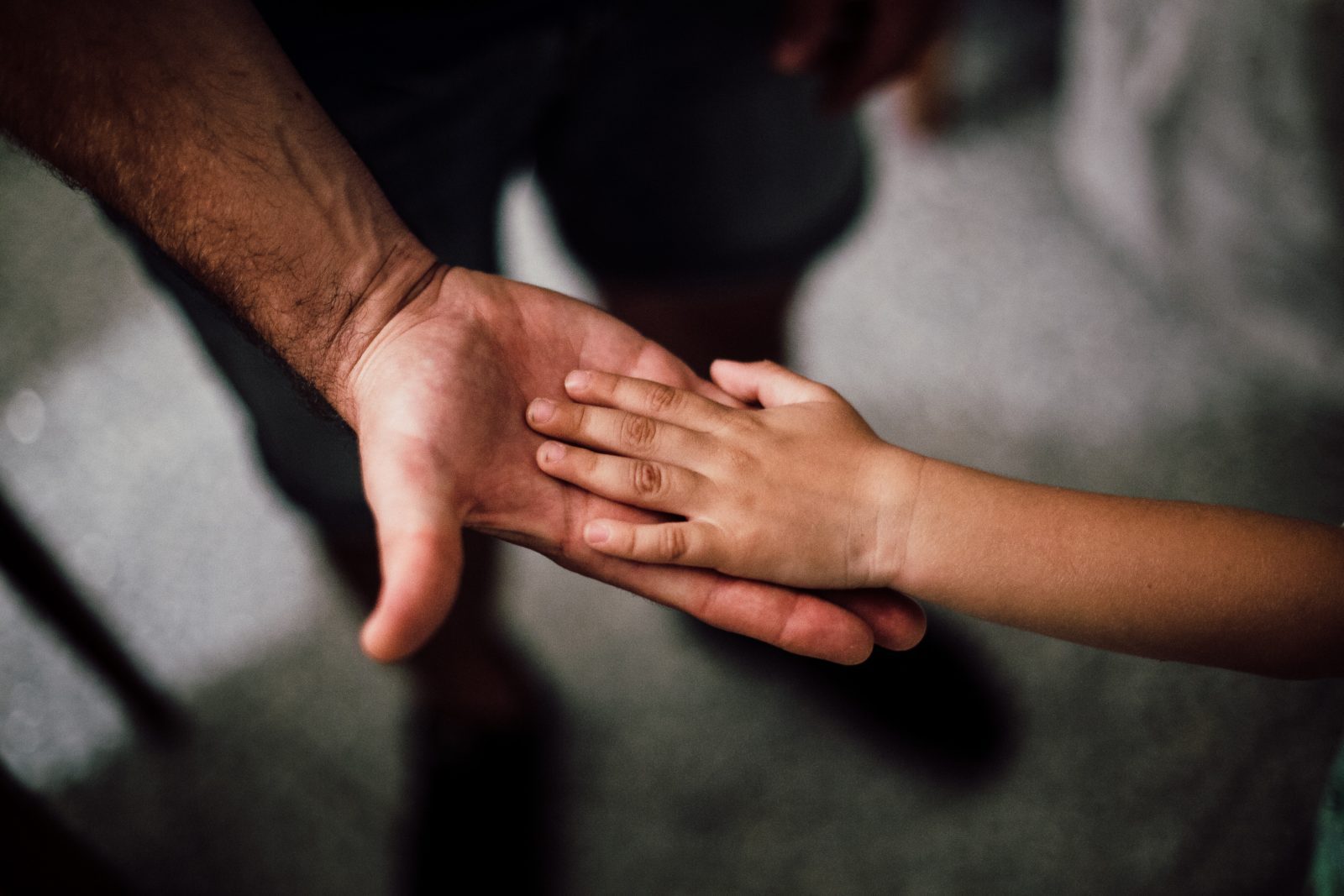In certain court disputes, child advocates may soon participate in the proceedings, particularly in sensitive cases such as child removal from families and placement in institutional care.
The Czech Republic plans to respond to the criticism from the UN Committee on the Rights of the Child in June of this year. The committee stated that the rights of two siblings, who were removed from their family, were violated, including their right to adequate legal representation.
The establishment of such an institute is still in its early stages, confirmed by Eva Decroix, a Member of Parliament for ODS and an advocate. “In these disputes, children are usually represented by a collision guardian, social and legal protection of children (OSPOD). However, there are situations when they cannot be adequately represented,” she told Právo.
She pointed out the case of the mentioned siblings, where the OSPOD officer, who was supposed to represent the children in the dispute, filed a request for their removal from the family and placement in an institution. “This is not impartial representation, it is a conflict of interest,” said the Member of Parliament.
The UN Committee shared the same opinion, stating that the court had violated the child’s rights. According to the committee, the Czech Republic should ensure that children have appropriate legal representation throughout the proceedings. “In addition to the guardian or representative of their opinions, children should be provided with legal representation if there is a potential conflict between the parties involved in decision-making,” the committee’s statement published on their website reads.
Politicians and advocates are now expected to address this issue. “A conference with the participation of the Ministry of Justice and the Czech Bar Association on this topic is planned for the autumn,” said Decroix, who also mentioned potential challenges that need to be addressed.
“Children should have the right to a free advocate, which means that the amounts that potential legal representatives would receive from the state would be meager. This means no one would want to do it,” the Member of Parliament expressed concerns.
“In addition, legal education alone would not be sufficient in such a profession. You can’t just invite a child to the office for an interrogation, and an advocate would need knowledge in developmental psychology, for example,” she added.
Klára Laurenčíková, Government Commissioner for Human Rights, stated that every child needs to be heard, taking into account their age and maturity level. The court should always respect the child’s rights, especially from the age of twelve, which is not always the case, according to the government commissioner.
Deputy Minister of Justice Antonín Stanislav (ODS) confirmed this intention. “A larger working group will be established to address children’s issues comprehensively. This will include topics such as the registry of sexual offenders child support, and we can also address this issue,” said Stanislav.
At the same time, an interdepartmental process is underway for a bill that would guarantee the appointment of a defense attorney ex officio for minors in criminal proceedings. This is another aspect the Czech legal system lacks, which has not escaped the attention of international organizations. In March of this year, the European Committee for Social Rights criticized that in the Czech Republic, young people under the age of fifteen have the right to a lawyer in criminal proceedings. Still, there is no obligation for the state to provide one.
This change will cost the state treasury approximately 25 million more per year. The government will also approve a bill in the autumn that establishes the office of a children’s ombudsman. This office could also represent children in court in some instances.






